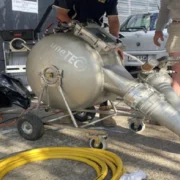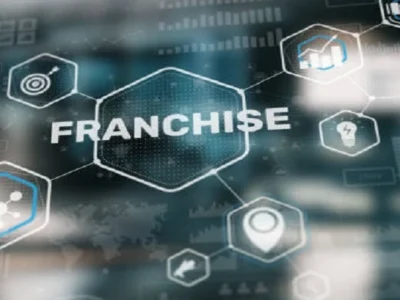Smart cities are becoming more and more prevalent and while many people still don’t understand what they are, they always get excited when they realize that their city might be projected as a smart city. Yes, technological advancements have always appealed to everyone and smart cities are one such manifestation. There are several renowned smart cities in the world and the number is growing but the one that is considered the best is Singapore. The city-state has been named in the last three years as the world’s smartest city.
That title cannot be separated from the penetration of what is called the Internet of Things (IoT). IoT basically involves the deeper involvement of the Internet in the activities of citizens and everything that affects their lives. An example is the application of IoT sensors and GPS-based tracking systems for comprehensive data collection. The goal is to improve the quality of infrastructure and public utilities.
Location tracking plays an important role, but why?
Safety in workplaces and neighborhoods where citizens live is one of the priorities of any smart city and when we talk about safety, we cannot ignore monitoring. Monitoring can come in many forms but in the fast-paced rhythm of modern life, GPS-based monitoring or tracking is essential. Environmental monitoring, for example, is greatly aided by GPS tracking to get the location of the object being tracked/monitored in real-time.
GPS tracking is important because it can significantly reduce risks and in practical applications, it can save resources. For example, real-time tracking can reduce the “frequency of emergency button pressing” which inevitably “consumes” a lot of resources. There is the involvement of rapid response units, transportation costs, evacuation, and other things. With real-time monitoring, objects will be more secure and basically, it will reduce the need for additional manpower (to do monitoring).
Timely logistics
GPS tracking also ensures timely logistics activities. We are in an era where the internet plays an important role in the transportation of goods and services. The e-commerce market cannot be completely separated from the definition of a smart city and if we take Singapore as an example, we will find that e-commerce sales in the city-state will reach more than 13 billion dollars by 2026.
What role does GPS tracking play in this?
There are many benefits that can be derived from using GPS trackers in logistics activities. Monitoring of course is the first benefit where trucks delivering goods can be monitored and if anything happens, policymakers can immediately know about it and send help.
Another benefit is for the buyers in terms of their ability to monitor “the movement of their goods before they reach their destination”. GPS tracking also undoubtedly guides shippers much better so that they can deliver goods on time. More than a decade ago, when GPS tracking was not widely used, logistics activities were often inefficient.
Today, policymakers can even design transportation routes much better thanks to their understanding of the routes that their logistics fleets have traveled.
And to top it all off, GPS tracking can enable what is called security transparency. For example in the case of surveillance of vulnerable people such as school-age children and the elderly, supervisors can monitor where they are in real time and provide assistance very quickly if something goes wrong.
Ultimately GPS tracking as manifested by GPS trackers improves the functioning of smart cities and the infrastructure within them. Interested in having your own GPS tracker? We recommend you buy PAJ GPS!
WDROYO Technology: A Comprehensive Guide 2024








Comments